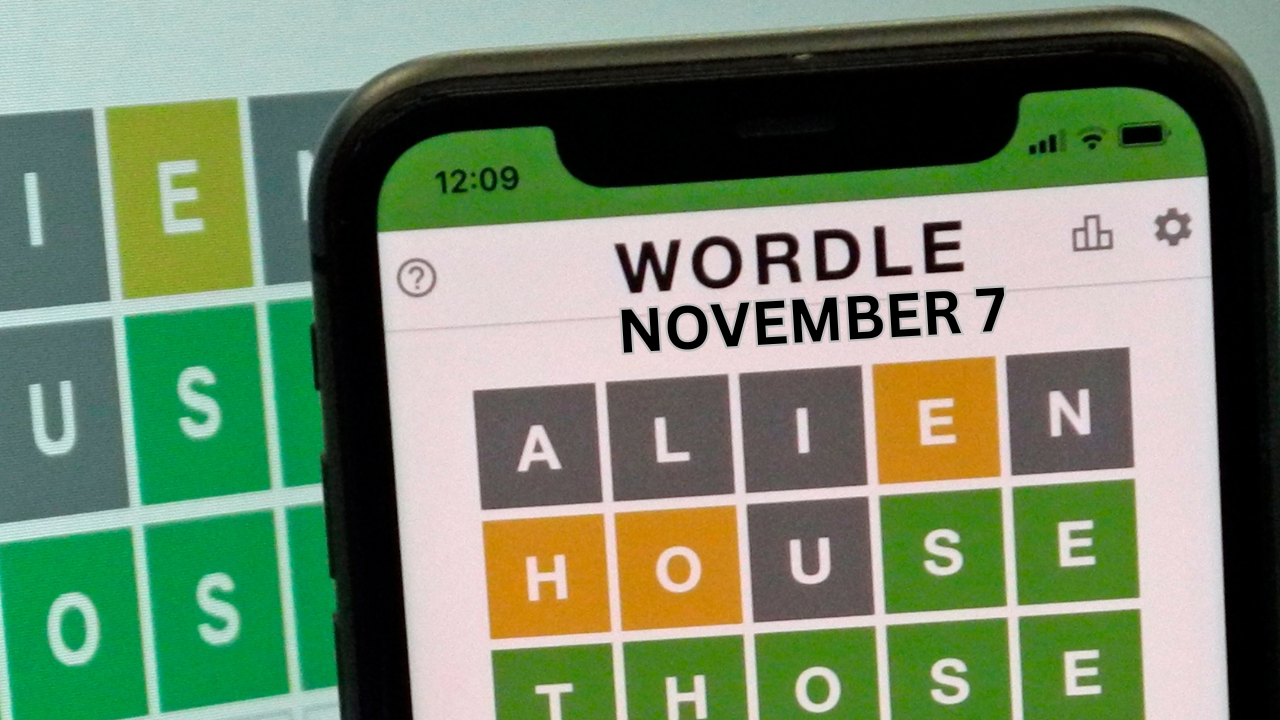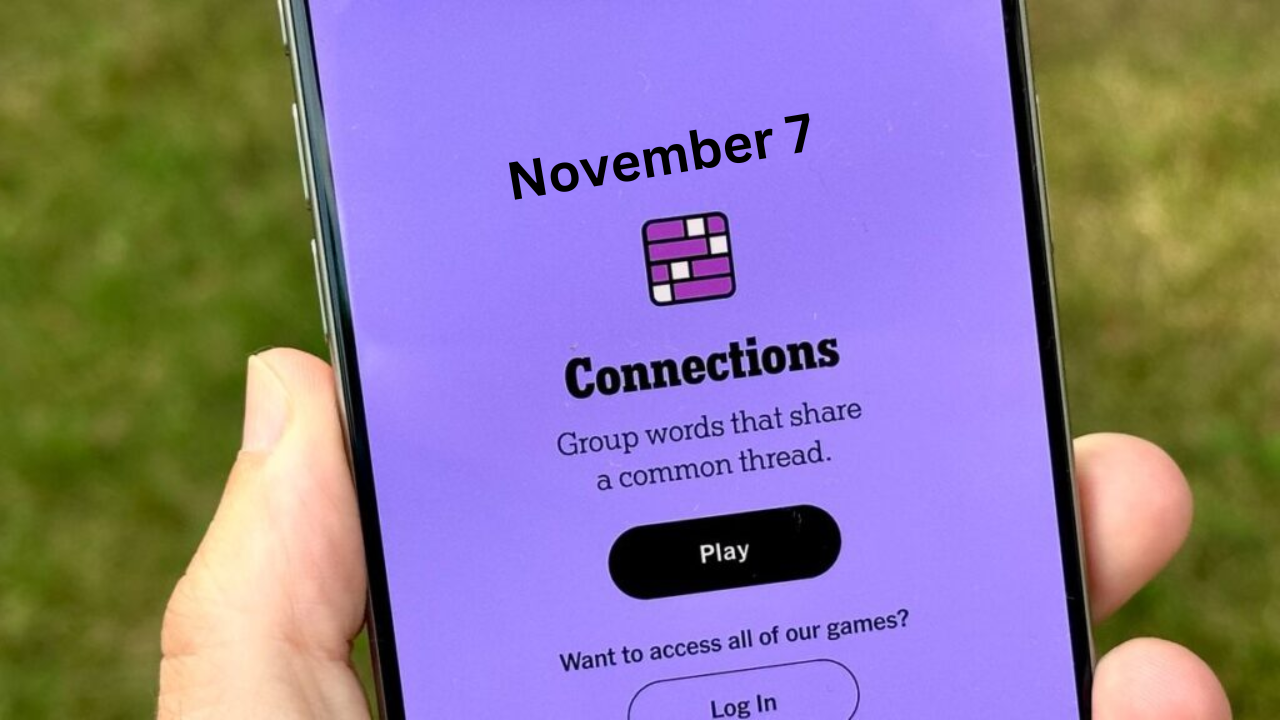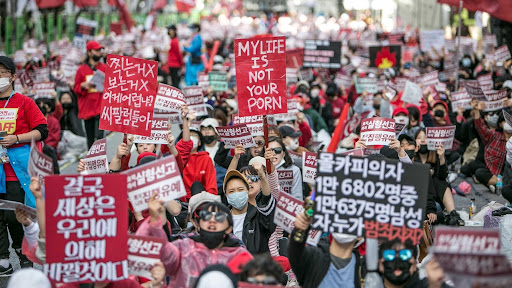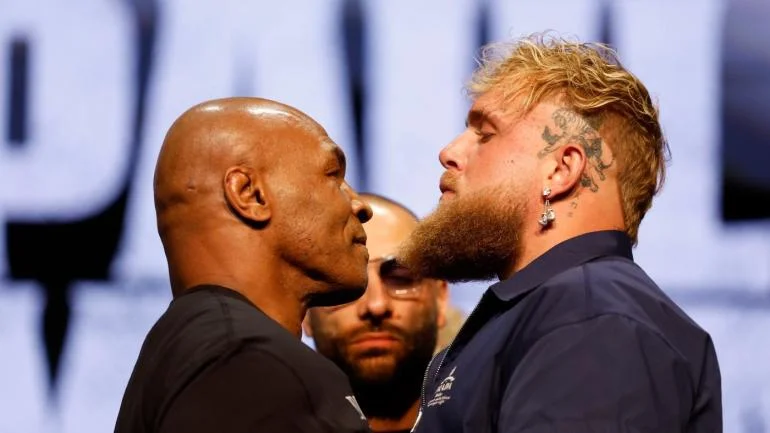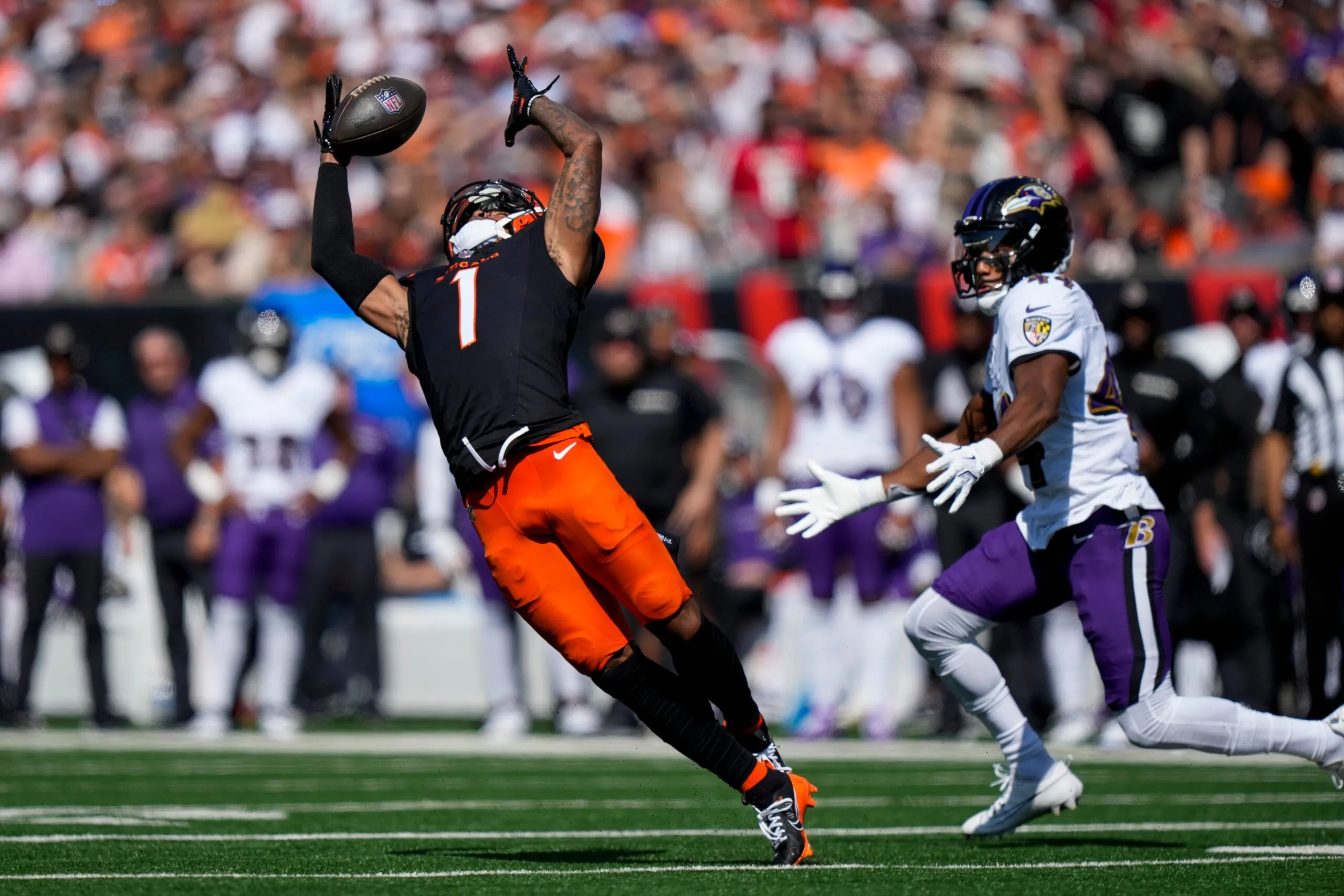Just over one year away from the 2011 presidential elections in Uganda, General Museveni has found a new bogeyman; homosexuals. He knows that homophobia can be widely exploited in a relatively conservative country such as Uganda. Moreover,
the timing of his vilification of homosexuals is no coincidence.
[Publisher’s Commentary: Africa]
Gay-bashing has reached unprecedented heights in the East African country of Uganda, eliciting a global outcry.
There, the country’s dictator, General Yoweri K. Museveni, is promoting a Bill that would make “homosexual acts” punishable by death. After worldwide condemnation, there’s now talk that the death sentence proposal may be toned down and replaced with life imprisonment for “serial homosexual activity.”
General Museveni’s proposed pogrom against homosexuals –for that is what such a Bill amounts to– is part of this U.S.-backed dictator’s demonization strategy as he prepares for the 2011 presidential election campaign in Uganda.
General Museveni is one of the most divisive presidents in Africa. Yet his regime has been subsidized by the International community, including successive U.S. Administrations since Ronald Reagan’s because he does the West’s dirty job in Africa. Right now, he acts as policeman in Somalia, on behalf of the United States, stationing 5,000 Ugandan troops there. By arguing that he’s a bulwark against the “dreaded Islamic terror,” he’s hoping that the Obama Administration –as have previous U.S. governments– will extend his lease on tyranny in Uganda. His regime, based on one-man rule, is exactly the type of tyranny that President Obama decried in his Accra, Ghana, speech.
General Museveni has used campaigns of terror and demonization to survive for 23-years in power. Homosexuals just happen to be the latest “ogres” in Uganda. Museveni has elevated the art of divide-and-rule beyond Machiavellian heights.
Museveni seized power in 1986, after he scuttled a power-sharing peace deal he had negotiated with the provisional junta of the day. His immediate target was Uganda’s ethnic Acholis, whose ancestral homeland is in the northern part of Uganda; those areas have been in the news lately, not for the continued suffering of its populace, but for the rich oil finds.
Acholis had traditionally provided the bulk of the military establishment, dating back to British colonial rule. Museveni’s first bogeymen were people from the north. This was Museveni’s position:
Infamous dictator Idi Amin had come from the north, as had former president Milton Obote; since Acholis were also from the north, all of Uganda’s woes, including economic collapse and recurrent massacres, could be blamed on the “northern scourge.”
Notwithstanding the fact that Acholis had borne the brunt of Amin’s massacres, in numerous declarations, Museveni and his officials demonized Acholis and other ethnic peoples from the northern part of Uganda as enemies of the state.
Officials of Museveni’s then Maoist National Resistance Movement (NRM) regime even played on skin complexion, using racist ideology to depict Acholis, who tend to be darker hued, as inferior and vicious brutes. A Museveni official infamously declared that in Uganda there were human beings as well as “biological substances”; Acholis belonged in the latter category.
So effective was the demonization that even today, the suffering of millions of Acholis is marginalized by the International community as the “northern Uganda problem,” thereby prolonging the calamity.
Later, the brutality of Joseph Kony’s Lord’s Resistance Army (LRA) provided Museveni with another bogeyman. The LRA had become notorious for kidnappings of children to boost its ranks; ironically, the United Nations reported that Museveni also boosted his army by recruiting child soldiers. Deserters from Museveni’s army said they too mutilated civilians and blamed it on the discredited LRA. Yet the most macabre abuse against Acholis by Museveni’s soldiers started in the late 1980s when reports started emerging that soldiers in his army, including those known to be HIV-positive started raping civilians, including men –which was then unheard of. (After Uganda’s invasion and occupation of Congo, the abominable use of targeted rapes, including of men, as instrument of terror has spread there).
General Museveni has mastered the skill of using the LRA’s crimes to shift attention away from his own genocide against Acholis and militarism elsewhere in Africa. He has used paid lobbyists such as the Whitaker Group in Washington, D.C., operated by Rosa Whitaker –the lobbyist now also has the services of Jendayi Frazer, former Assistant U.S. Secretary of State for Africa under George W. Bush– as well as sinister “non governmental organizations” such as Resolve! as well as The Enough Project. Through these apologists, General Museveni has won sympathetic ears in the U.S. Congress.
Isn’t it ironic that even as lawmakers from Museveni’s NRM party seek to make homosexuality punishable by death in Uganda, two U.S. Senators –Russ Feingold and Sam Brownback– persuaded by Whitaker, Resolve! and Enough Project, have sponsored a Bill (H.R. 2478) that would authorize the U.S. military to partner with Museveni’s army to go after the LRA? Even if such a Bill were to pass it would run into problems: the Leahy Amendment bars such cooperation with countries whose army engages in torture. Human Rights Watch earlier this year released a scathing report against Uganda’s military establishment.
www.hrw.org/en/news/2009/04/08/uganda-end-torture-anti-terror-unit
Kony in reality is the embodiment and manifestation of two decades of tyranny under General Museveni. Museveni preceded Kony; not the other way around. They are two sides of the same coin and Uganda would be better off with both Museveni and Kony before the International Criminal Court at the Hague.
Beginning in 1986, and reaching a zenith in 1996, General Museveni began herding two million Acholi civilians into concentration camps euphemistically referred to as “Internally Displaced People’s Camps” (IDPs). The “displacement” was orchestrated by government order, with leaflets dropped from military helicopters, warning villagers who did not abandon their homes that they would be killed. Homes and granaries were destroyed, millions of live stocks looted by soldiers, and civilians who resisted the displacement to the camps were killed.
Acholis, who once provided food to much of the country and most of Southern Sudan, were reduced to dependency on handouts from the World Food Program; alcoholism, prostitution, and suicides, became widespread.
According to a 2005 study by the World Health Organization (WHO) in conjunction with Uganda’s own Ministry of Health, up to 1,000 civilians per week were dying of hunger, dehydration and treatable diseases in these camps; so, as many as 52,000 Acholis per year were dying in these government created and “protected” camps, from hunger and diseases. This translates into more than half a million civilians over a decade; and perhaps more than a million in the 23 years of that “conflict.” The LRA’s kill rates pale miserably when compared to the Museveni regime’s.
http://www.who.int/hac/crises/uga/sitreps/Ugandamortsurvey.pdf
Nary a word of condemnation from the International community, the so-called “human rights” organizations, and major media, including The New York Times, a major Museveni apologist.
Yet Ugandans aren’t buying Museveni’s depiction of Acholis as “ogres” anymore. Serious threat to his tyranny now comes from “Southerners.” In September this year, when General Museveni sought to curb the influence of Kabaka Ronald Mutebi, the powerful monarch whom the Baganda ethnic group revere, there were demonstrations in Kampala, the capital. Museveni’s U.S.-trained and equipped forces violently suppressed the protests, killing dozens of civilians.
There was only tepid reaction by Washington.
The victims of General Museveni’s untrammeled militarism aren’t confined to Uganda.
He trained and equipped an army called the Rwanda Patriotic Front (RPF) and invaded ethnically-volatile Rwanda in October 1990 with U.S. assistance–the top commanders, including now Rwanda president Paul Kagame, who was chief of Uganda’s military intelligence under Museveni at the time of the invasion, were trained at Fort Leavenworth, Kansas, before the invasion.
The invaders fought the Rwanda army to a standstill and a peace deal was signed.
As was the case with the Uganda peace deal in 1986, the Rwanda agreement was never implemented. In 1994, Rwanda’s president Juvenal Habyarimana was assasinated, sparking genocidal killings. The New York Times later reported that the missile used to shoot down the plane was provided to Kagame’s forces by Museveni, who in turn acquired it from the CIA.
Another New York Times story said, “While the flight data recorder recovered at the crash site yielded little information, parts of the two missiles that had caused the crash helped investigators trace them back to a Soviet shipment of 40 missiles sold in 1987 to the Ugandan Army, which had close ties to Kagame’s rebels.”
The story also discussed efforts by a French prosecutor to have Kagame prosecuted by the International Criminal Tribunal for Rwanda in Arusha, Tanzania.
No wonder, rather than calling for an exhaustive international investigation of the assasination of President Habyarimana, the U.S., Uganda, and the RPF have conveniently sought to demonize all Hutus –when in fact not all of them could have pariticipated in the ugly killings– as genocidal killers. It’s a ploy to permanently deflect culpability for Habyarimana’s death and with it for the Rwanda genocide, which could be traced to Kampala and from there to Washington.
Then in 2005 the International Court of Justice (ICJ) found Uganda liable for war crimes and pillage in the Democratic Republic of Congo (DRC) where five million people died during Uganda’s occupation of parts of that country. The ICJ recommended $10 billion in compensation to Congo.
http://www.icj-cij.org/docket/files/116/10455.pdf
What’s more, The Wall Street Journal reported in a front page story on June 8, 2006, that the International Criminal Court (ICC) had also opened its own investigation. Were it not for the fact that the ICC’s prosecutor Moreno Ocampo, is professionally corrupt –his colleagues protested when he appeared at a joint news conference with Museveni to denounce Kony even though Museveni himself was a potential suspect according to The Wall Street Journal article– the Ugandan president might have been indicted for crimes against humanity by now. He was indeed fearful–The Wall Street Journal reported that he pleaded with then UN Secretary General Kofi Annan to block the ICC investigation.
As it is, the U.S. government, and major media outlets such as The New York Times and BBC, ignore Museveni’s crimes in both Uganda and Congo, while condemning Sudan’s Omar al Bashir and Zimbabwe’s Robert Mugabe. How was he rewarded after the Congo genocide? In December the United State’s supported Uganda’s bid in the United Nations and the Museveni regime now occupies a seat on the UN Security Council–the very body that determines how to pursue the ICC investigation of the alleged crimes in Congo by Museveni’s army. Just last week U.S. Assistant Secretary of State for Africa, Johnnie Carson, sang Museveni’s praises in an appearance on the Voice of America’s “Straight Talk Africa,” show. Meanwhile the U.N. had just released a report showing how Uganda’s smuggling of gold from Congo fuels continued massacres there. The duplicity is revolting.
http://online.wsj.com/article/SB125963562452770749.html
Now just over one year away from the 2011 presidential elections in Uganda, General Museveni has found new bogeymen; homosexuals.
He knows that homophobia can be widely exploited in a relatively conservative country such as Uganda. Moreover, the timing of his vilification of homosexuals is no coincidence. During the 2001 elections, General Museveni vilified his opponent, Dr. Kizza Besigye, leader of the Forum for Democratic Change (FDC). Notwithstanding that they were once allies in the NRM and that Dr. Besigye had been his personal physician, General Museveni denounced him as unfit to rule. Why? He claimed Dr. Besigye was HIV-positive and had Aids. The morally reprehensible accusations by a national president, who fraudulently markets himself to the International community as a champion of Aids victims, was ignored by major news outlets. Ultimately, General Museveni stole elections from Dr. Besigye in 2001 and again in 2006.
Gay demonization is the latest weapon in Museveni’s election arsenal. In August this year, a top Ugandan statesman and diplomat who may also seek the presidency, Olara Otunnu, returned there after 23 years. When Otunnu, who in the past has been a Ugandan foreign affairs minister and more recently United Nations Under Secretary General for children in conflict areas, was greeted by thousands of Ugandans, the Museveni government backed off from threats that he would be arrested for sedition. Otunnu’s alleged crime? During his 2005 Sydney Peace Prize acceptance lecture, he had decried the genocide against Acholis in the concentration camps.
http://www.sydneypeacefoundation.org.au/previousWinners.shtml
Soon after Otunnu’s return, local Uganda media reported on a planned smear campaign by government agents. Otunnu, who at 57 is unmarried, would be cast as a homosexual by government agents, according to the media reports.
So there you have it.
General Museveni has been a favorite of successive U.S. Administrations, since Ronald Reagan’s, doing America’s dirty work in Africa. He believes that if history is a reliable guide, with impunity, he can extend his tyranny beyond 2011.
Editor’s Note: Readers please distribute this column widely, including to your elected U.S. legislators, in particular Senator Feingold and Brownback
Please post your comments directly online or submit them to [email protected]
“Speaking Truth To Empower.”










